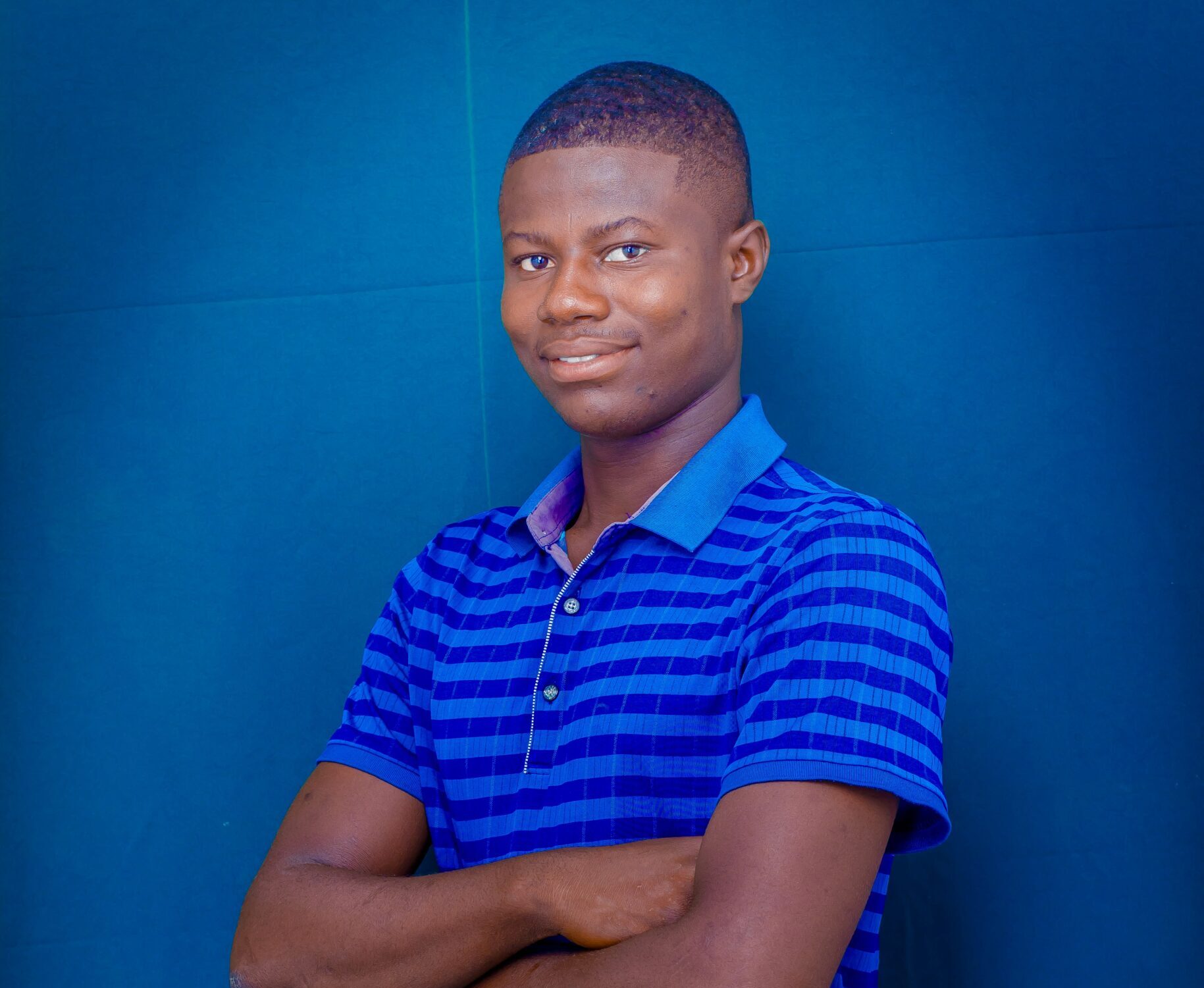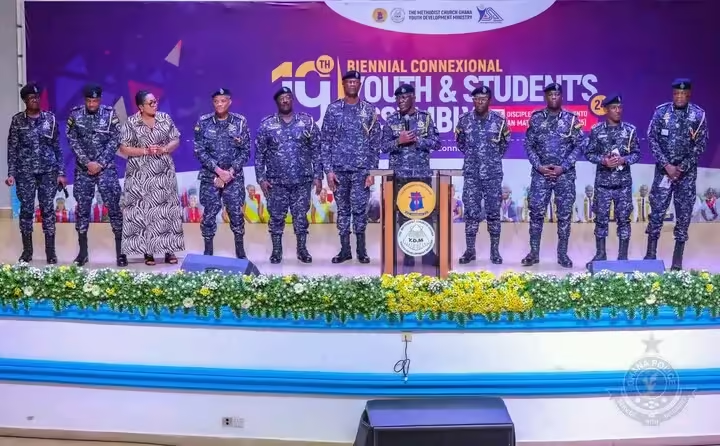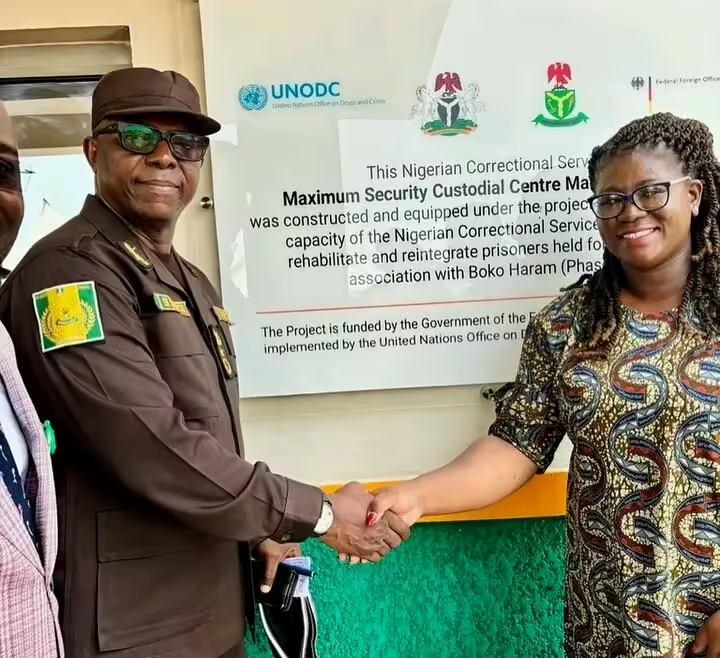Ghana, a shining example of democracy in West Africa, has maintained a vibrant multi-party system since 1992. This dynamic landscape has shaped the nation’s governance, economic development, and social progress. In this article, we’ll delve into the major players, their ideologies, and the factors influencing Ghana’s politics.
The Two Dominant Forces are NDC and NPP
The National Democratic Congress (NDC) and the New Patriotic Party (NPP) have alternated power, implementing policies that have significantly impacted Ghana’s trajectory.
National Democratic Congress (NDC)
– Founded in 1992
– Social democratic ideology
– Emphasizes social welfare and state intervention
The New Patriotic Party (NPP)
– Founded in 1992
– Liberal conservative ideology
– Focuses on free market economics and individual freedoms
Several smaller parties have emerged, aiming to make a difference:
– All People’s Congress (APC): Focuses on anti-corruption and economic empowerment.
– Convention People’s Party (CPP): Advocates for social justice and Pan-Africanism.
– Ghana Union Movement (GUM): Prioritizes national unity and development.
– Liberal Party of Ghana (LPG): Champions free market economics and individual freedoms.
– National Democratic Party (NDP): Emphasizes grassroots development and participatory governance.
– People’s National Convention (PNC): Fights for social equality and democratic principles.
– Progressive People’s Party (PPP): Promotes economic growth and good governance.
As of June 2024, Ghana has 27 registered parties, demonstrating its commitment to democratic diversity.
Ghana’s political landscape is shaped by factors like:
– Ethnicity: Influences voting patterns and party affiliations.
– Regionalism: Regional interests often drive political decisions.
– Economic growth: Parties focus on economic development and job creation.
– Social issues: Education, healthcare, and corruption feature prominently.
The Ghana’s electoral process is managed by the Electoral Commission, ensuring free and fair elections.
– Presidential and parliamentary elections are held every four years.
– A runoff election is held if no candidate secures 50% + 1 vote.
Ghana faces challenges like:
– Corruption
– Economic inequality
– Infrastructure development
However, opportunities abound:
– Economic growth
– Democratic consolidation
– Regional leadership
Ghana’s democracy serves as a model for African nations. By understanding the country’s complex political landscape, we can better appreciate its achievements and challenges.
Resources:
– Ghana Electoral Commission
– Ghanaian political party websites
– News outlets (e.g., GhanaWeb, Joy News)
You can contact us if you want your stuff published, for we have 100,000K viewers per day. Exposing your content and music to the world is just a minute away. Kindly navigate to our contact page to give us a call or leave a note for us in our mailbox.
Discover more from NORTH MEDIA GH
Subscribe to get the latest posts sent to your email.






